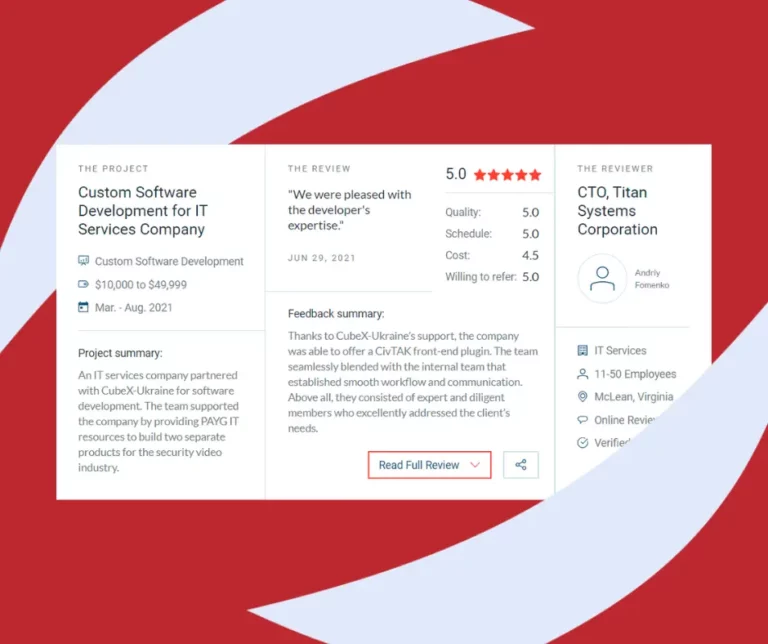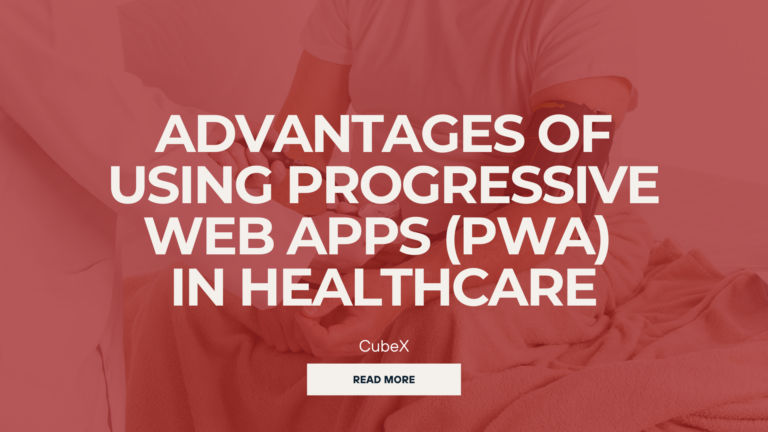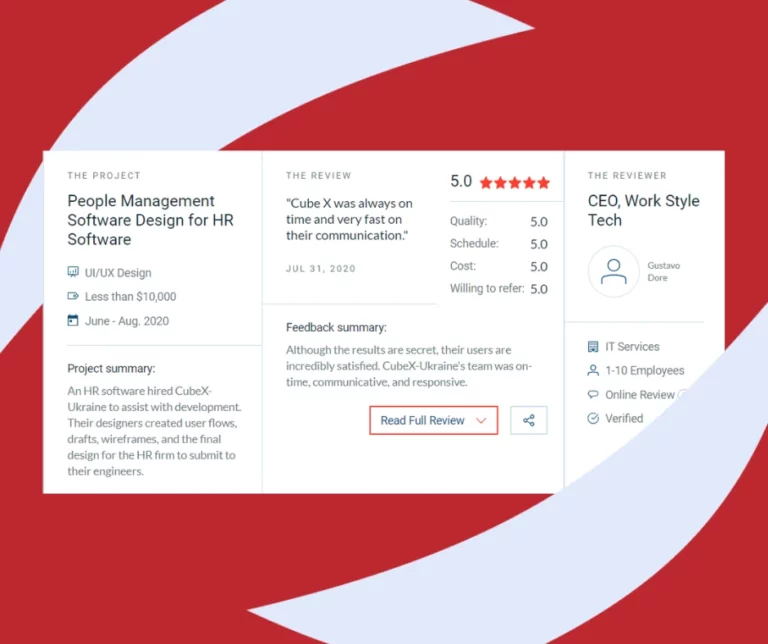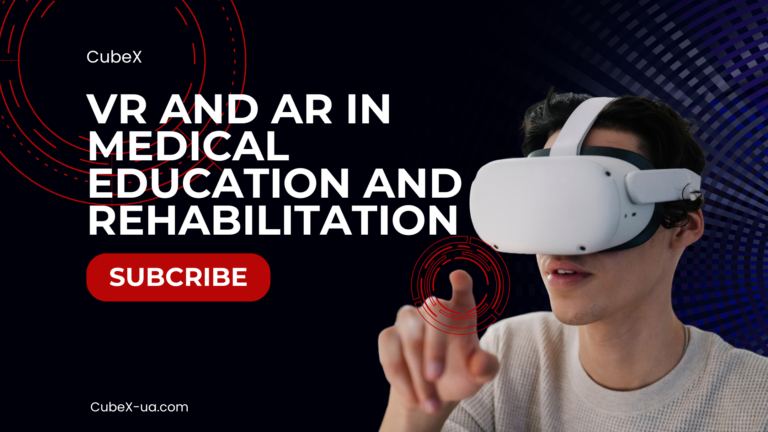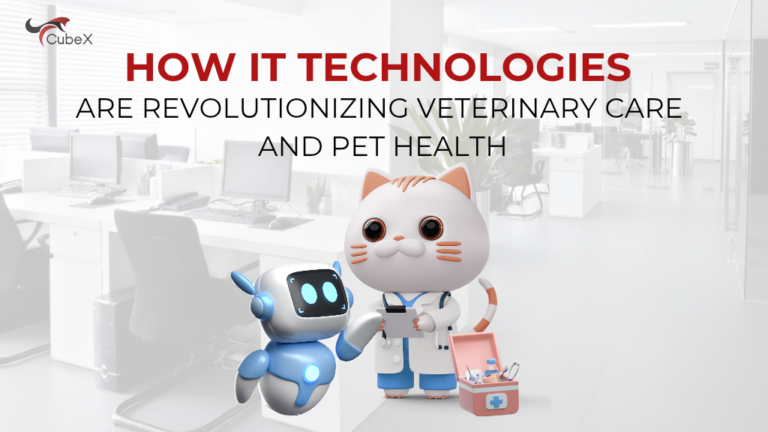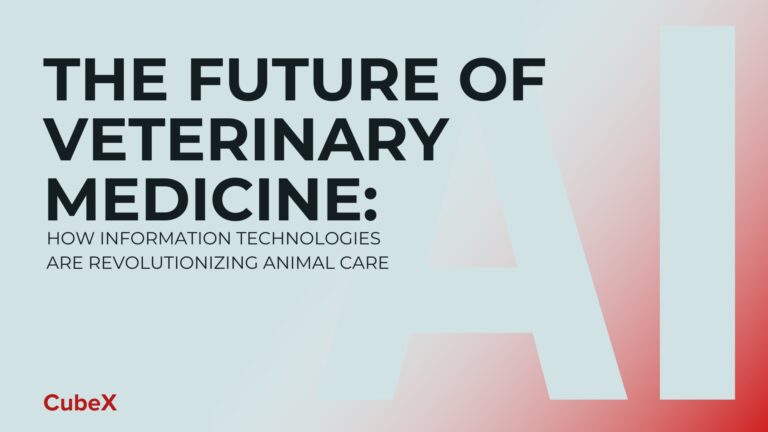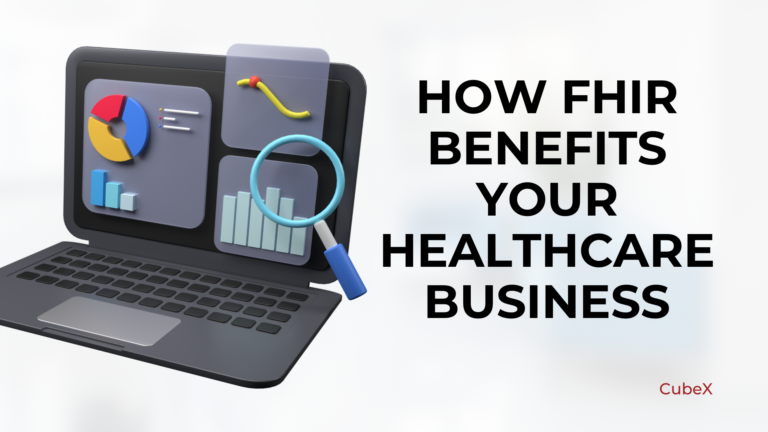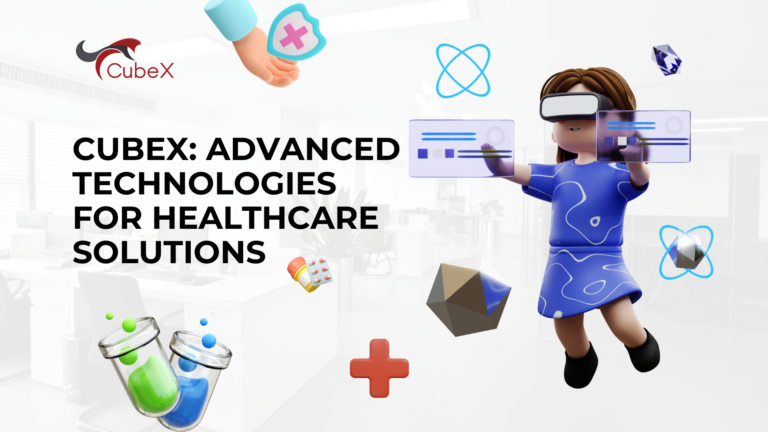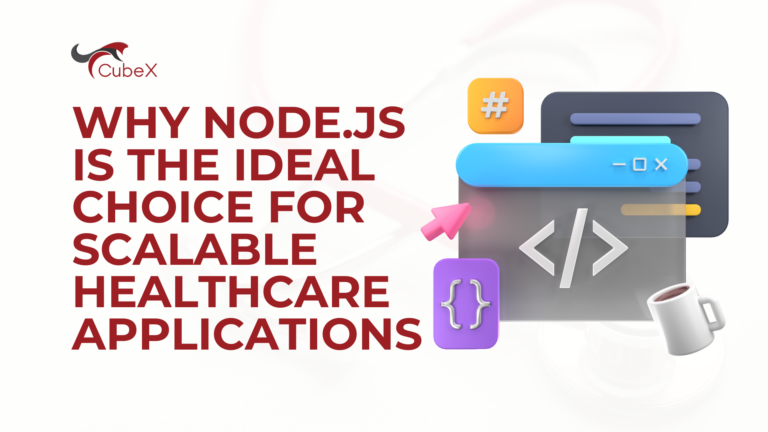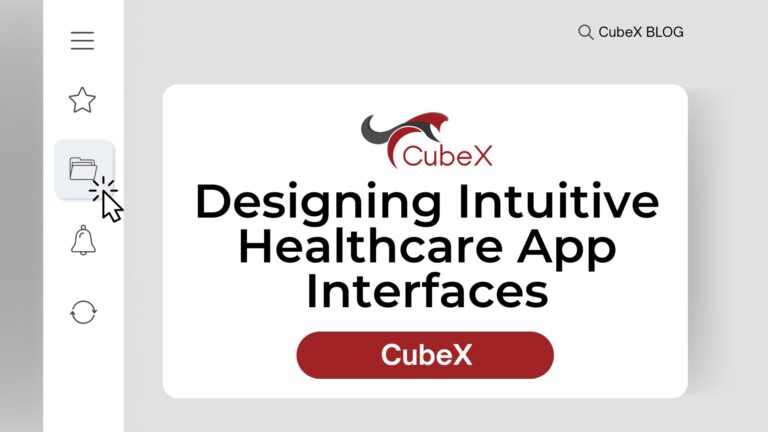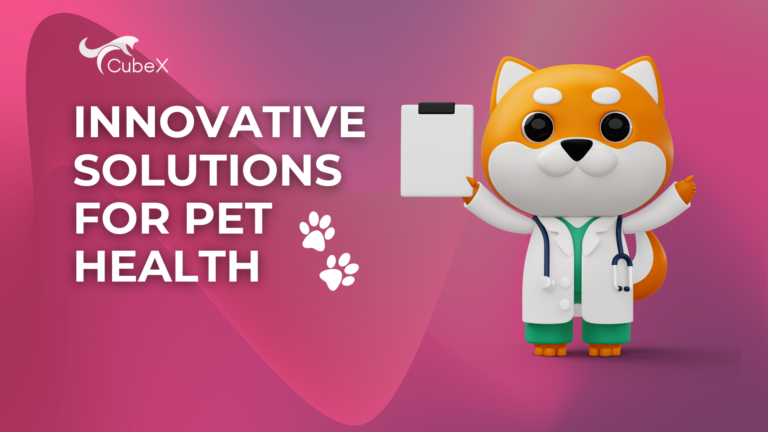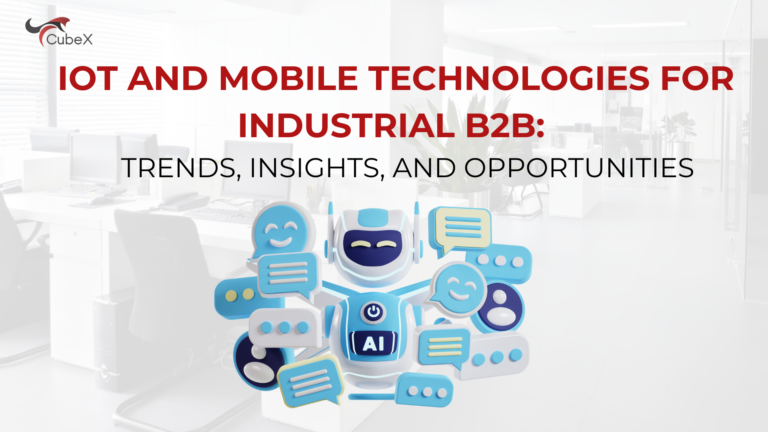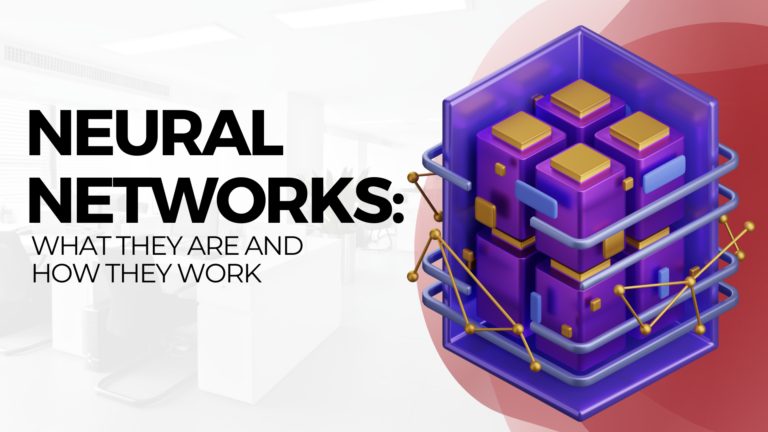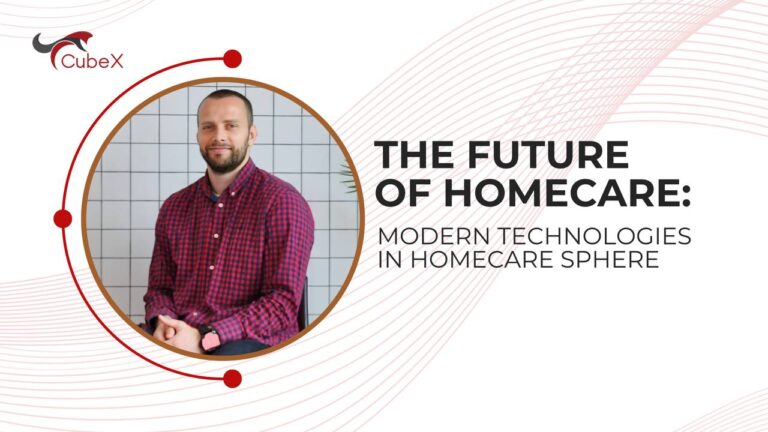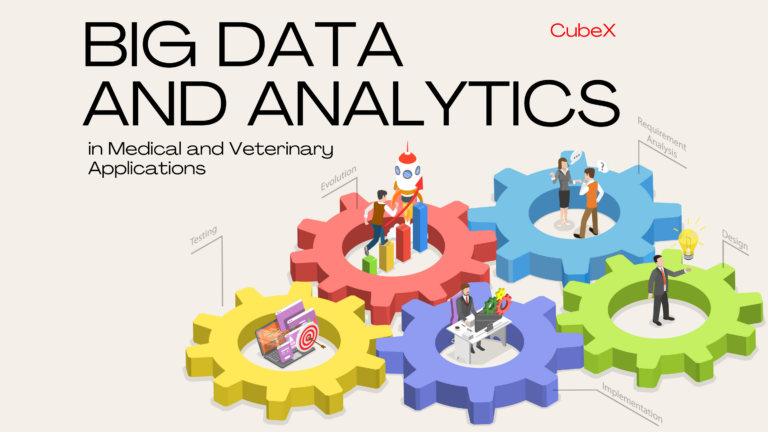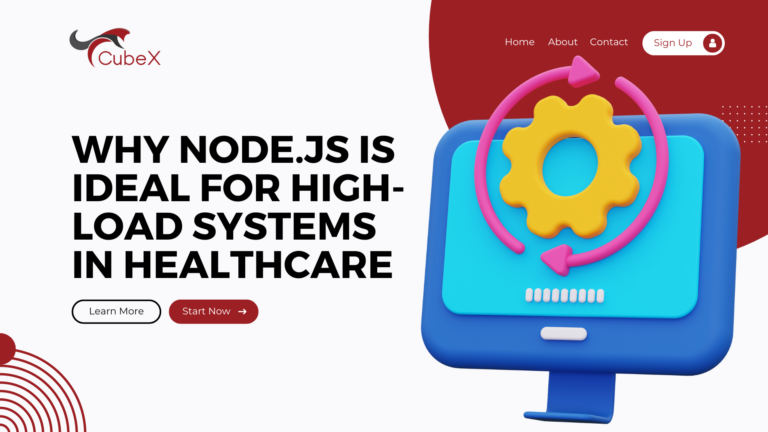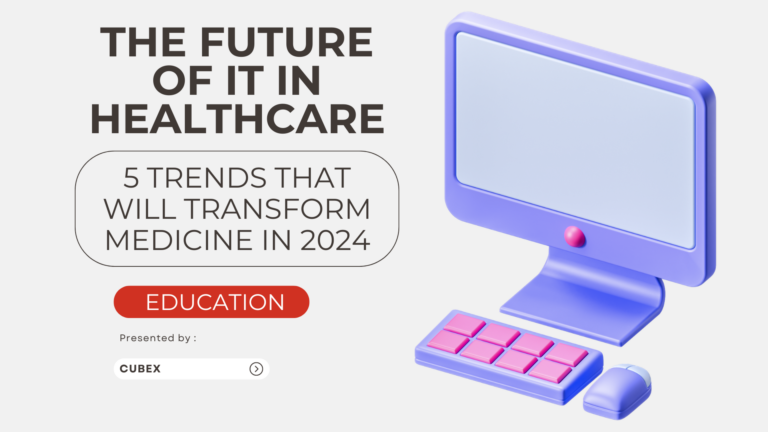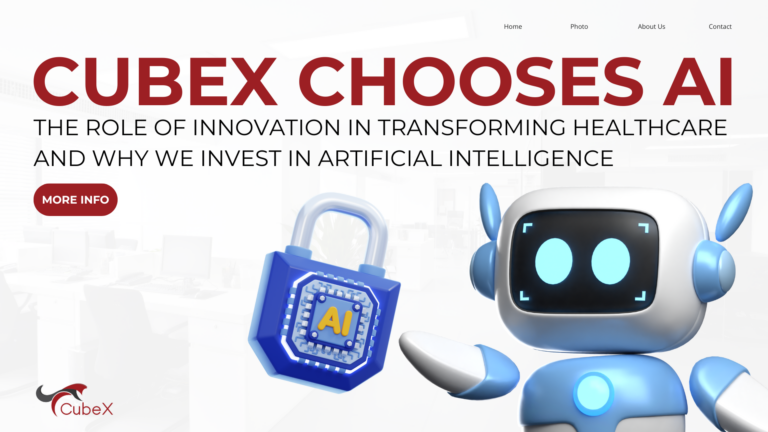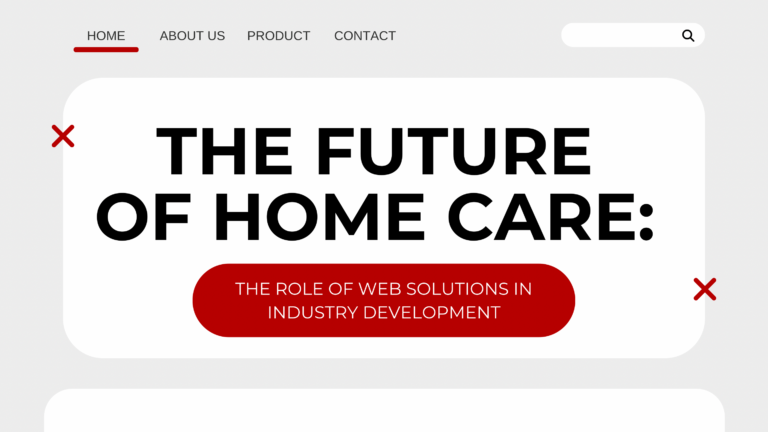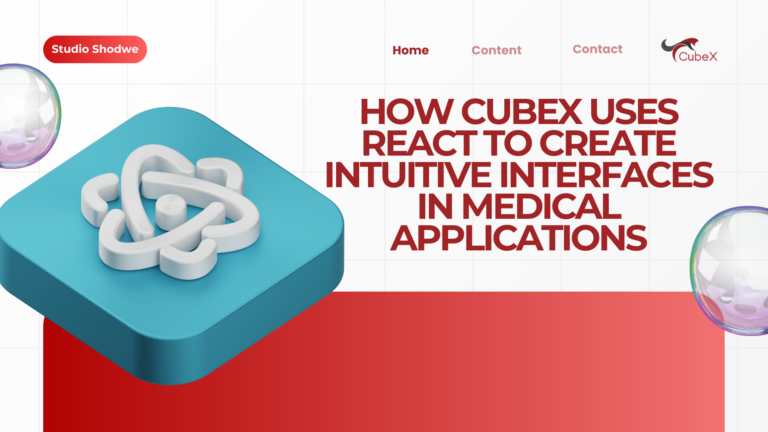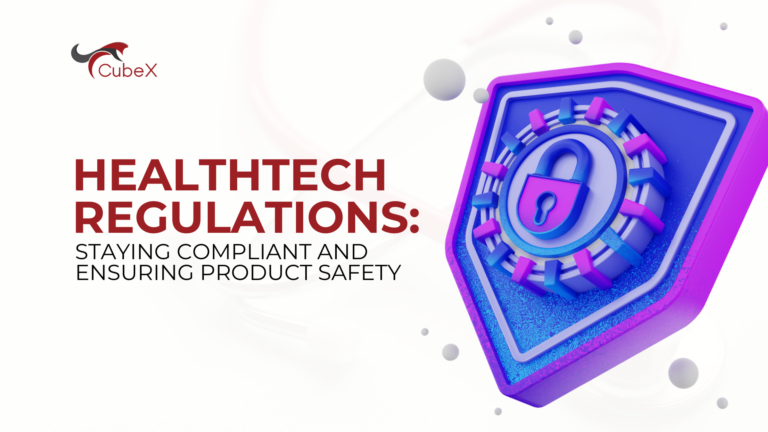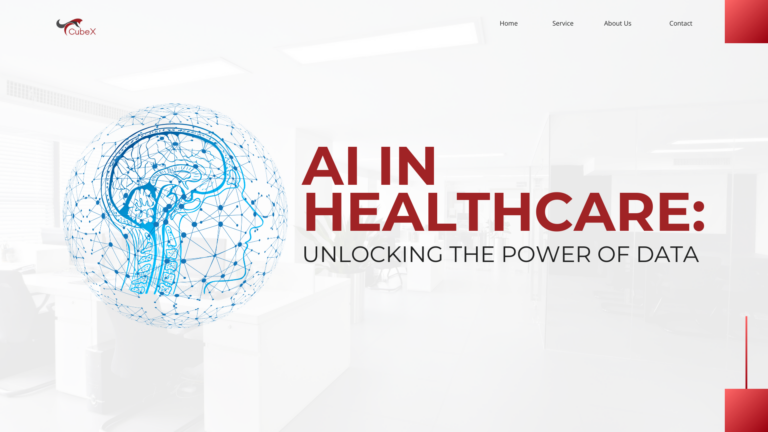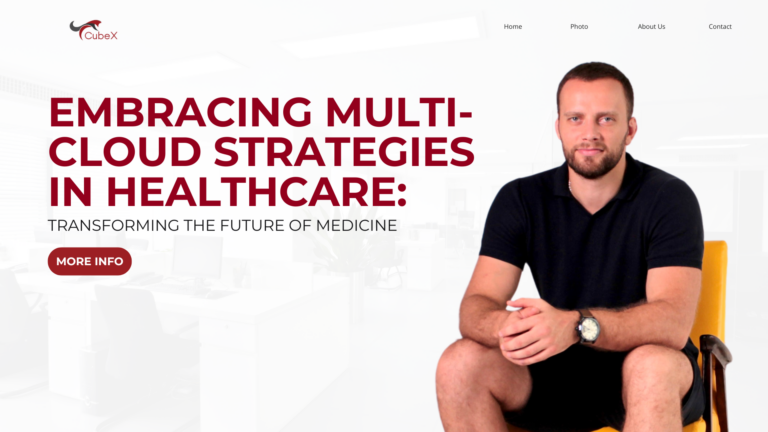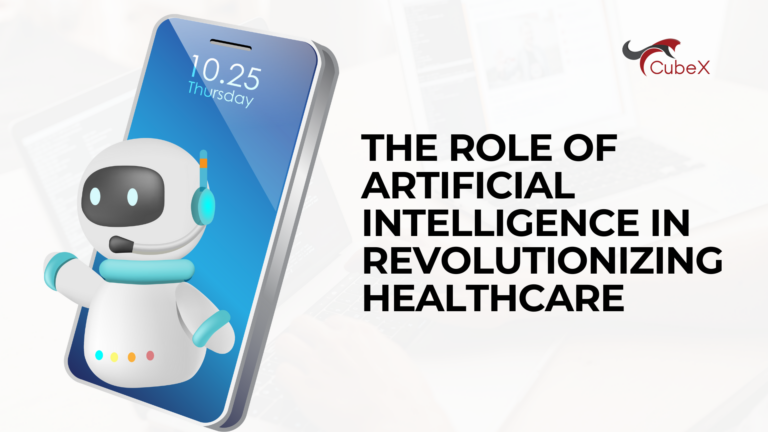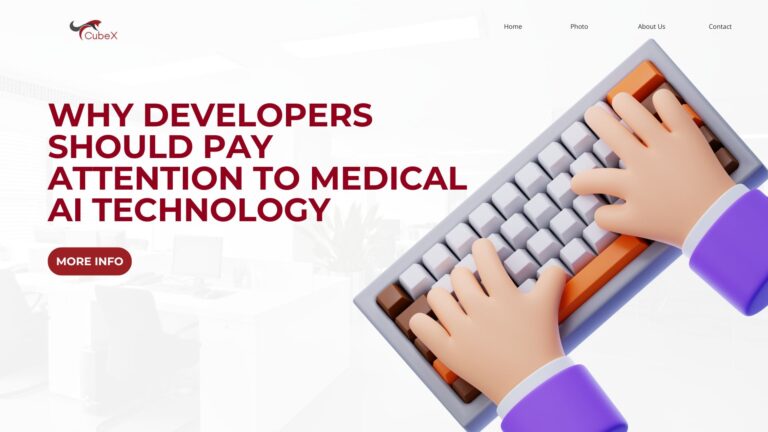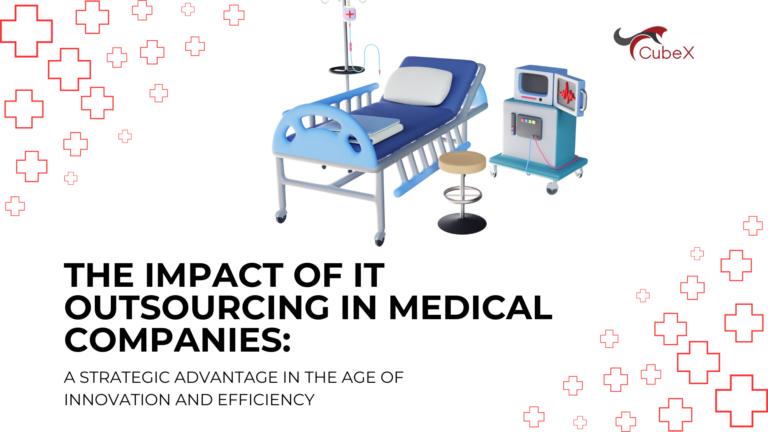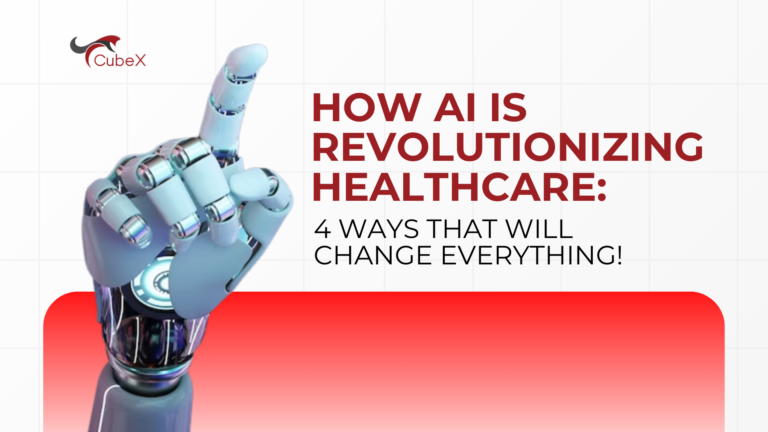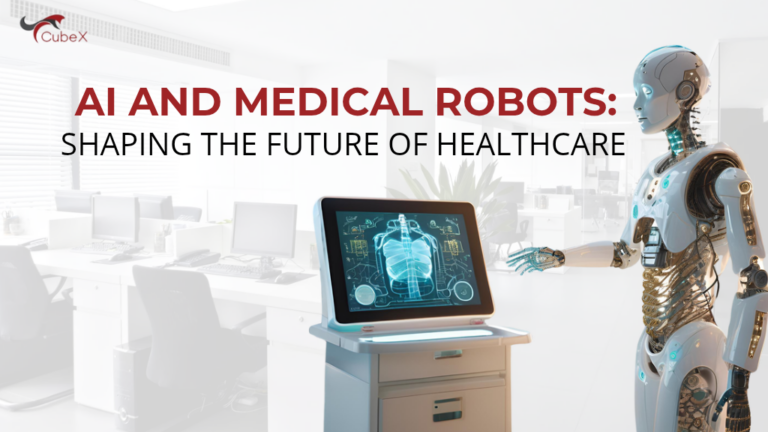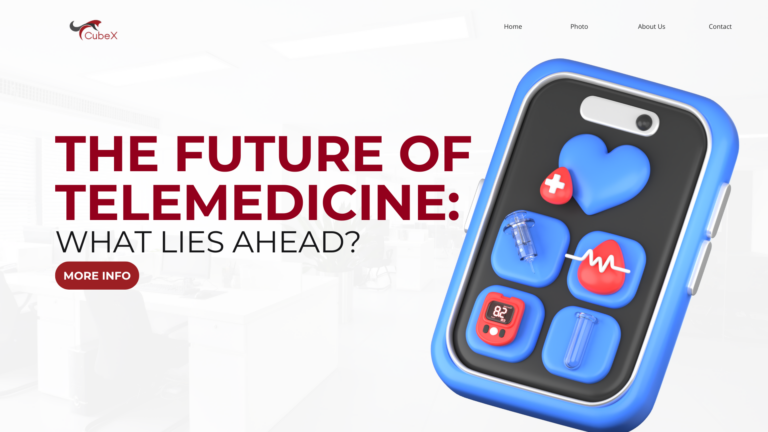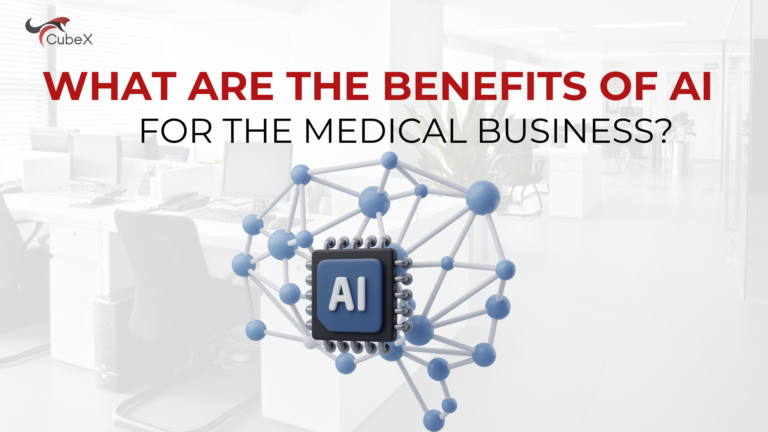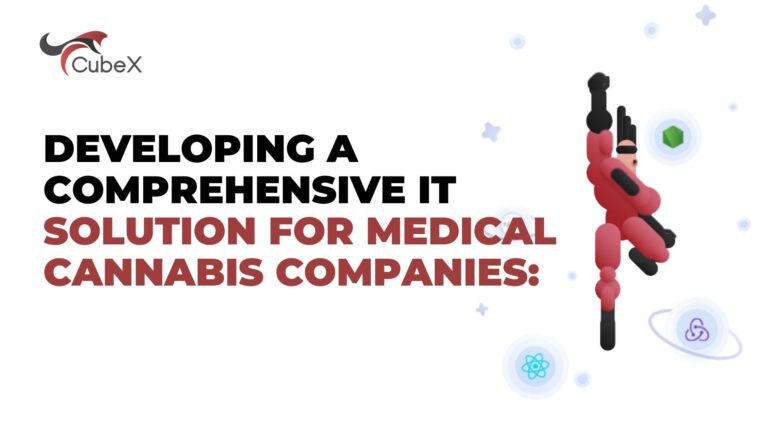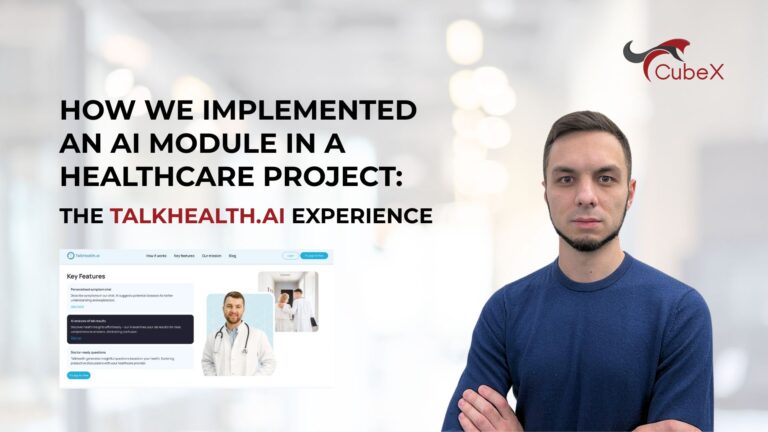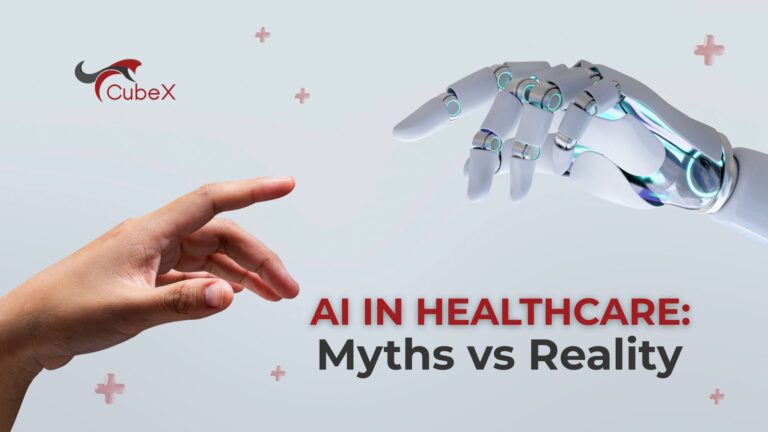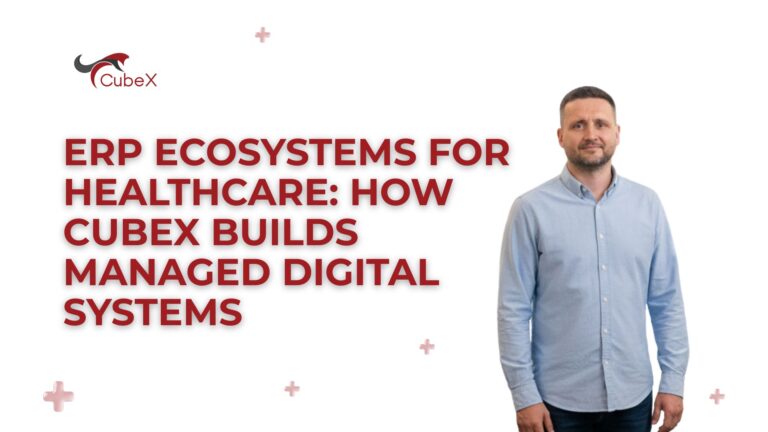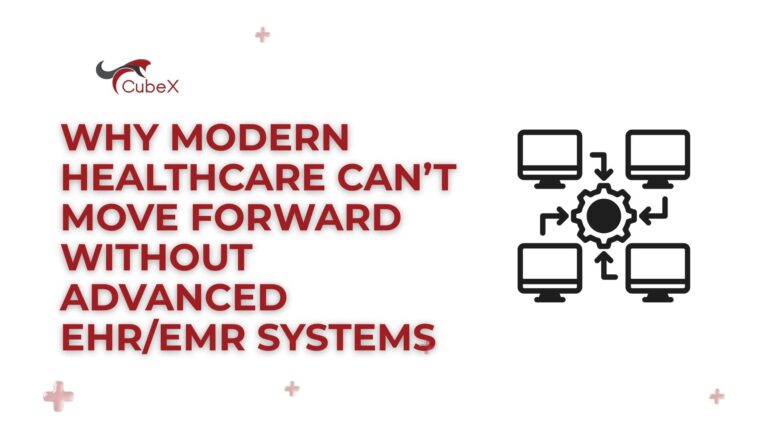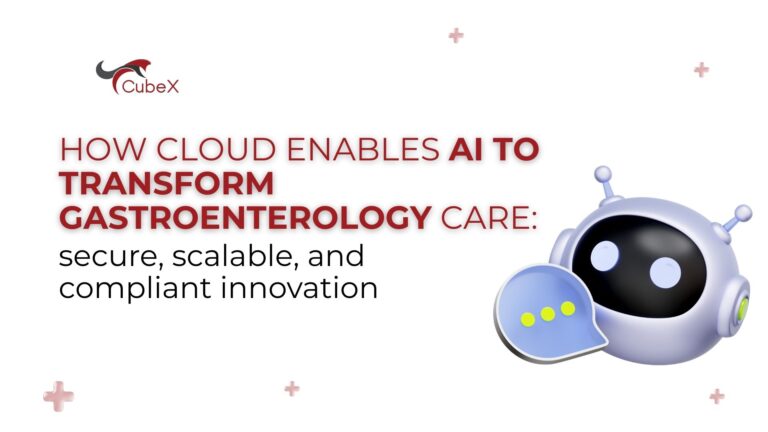The Role of Innovation in Transforming Healthcare and Why We Invest in AI
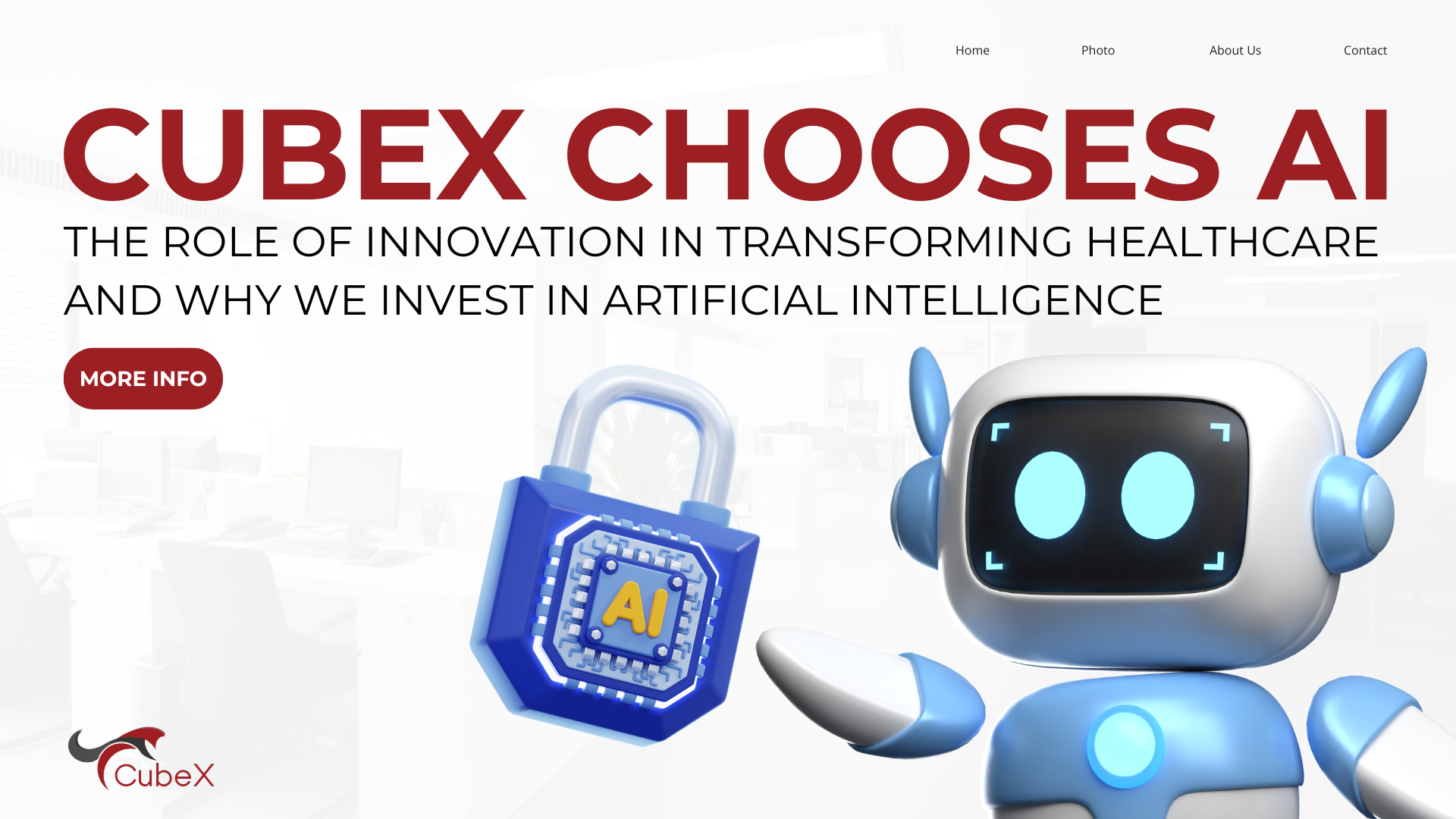
Artificial intelligence (AI) is rapidly becoming a transformative force in healthcare, reshaping how medical services are delivered. For Cubex, an IT outsourcing and outstaffing company specializing in healthcare, AI implementation is a strategic decision that enables us to create flexible, precise, and secure solutions for our clients.
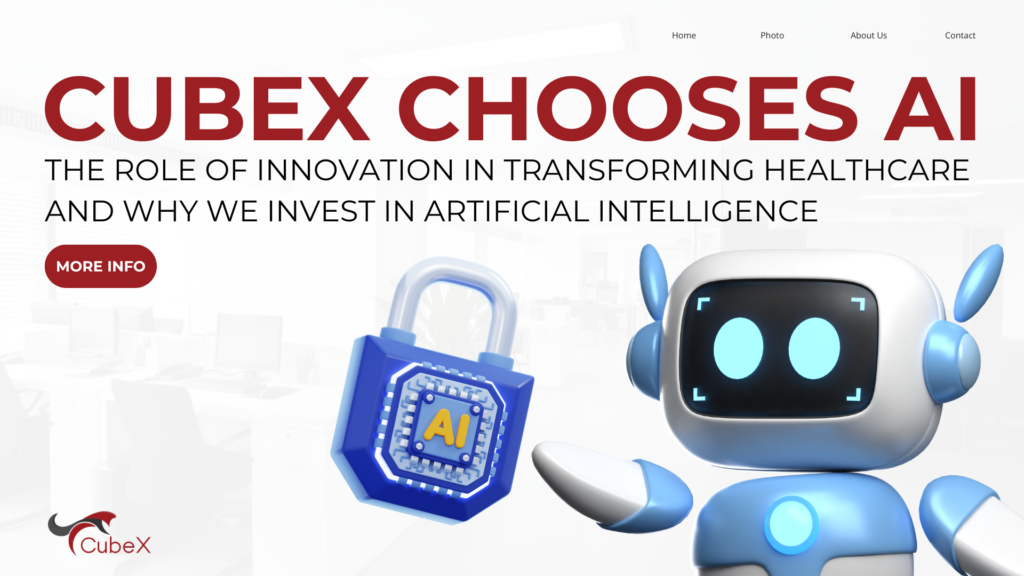
According to McKinsey, AI has the potential to reduce annual healthcare costs by up to $300 billion in the U.S. alone by 2030 by improving efficiency and reducing the need for repeat tests and hospitalizations.So, why are we investing heavily in innovation, how does AI transform healthcare, and what are the benefits for both our company and our clients? Let’s dive deeper into these questions.Why AI Is a Strategic Focus in HealthcareAI addresses several critical challenges in healthcare
According to Accenture, AI can improve diagnostic accuracy by up to 89%, enabling the detection of diseases in their early stages with a precision that traditional methods struggle to match.Research by Frost & Sullivan projects the healthcare AI market to reach $45.2 billion by 2026, growing at a rate of 40% per year.PwC estimates that AI-driven automation can reduce administrative costs in healthcare by as much as 30%, a significant portion of the overall healthcare budget.
These figures demonstrate the tremendous potential of AI to reduce costs and improve patient care quality. This is why Cubex views AI not just as a trend but as a vital tool for creating additional value for our clients.How AI Helps Solve Real Challenges in Healthcare Projects
Automation and Cost Reduction. According to Deloitte, AI-powered automation can reduce time spent on routine tasks by up to 60%. For healthcare projects, this means that AI systems can automatically process medical images or diagnostic data, freeing up physicians’ time. In large medical facilities, this can reduce operating expenses by 20–30%.Reduced Human Error and Increased Diagnostic Accuracy. AI analytics can identify patterns in diagnostic data that might go unnoticed by the human eye, improving diagnostic accuracy. For instance, AI algorithms in radiology have been shown to enhance cancer detection accuracy by 10-15%, according to a study by Harvard Business Review.Personalized Treatment. According to Global Market Insights, the AI-powered personalized medicine market is growing by 11.5% annually and is projected to reach $3.2 billion by 2027. Cubex leverages AI to help clients develop personalized treatment plans based on a patient’s medical history, lifestyle, and genetics, resulting in more effective healthcare outcomes.Enhanced Access to Healthcare Services. AI-enabled virtual consultations and chatbots for initial consultations can reduce waiting times by up to 60%, ensuring patients receive timely advice and support.
Why Cubex Invests in AI: Benefits for the Company and ClientsFor Cubex, investing in AI is an investment in quality, efficiency, and competitive advantage. The benefits of integrating AI into our work are manifold:Increased Productivity. AI allows us to automate repetitive processes, accelerating solution development by 20-30%. This reduces client costs while enhancing the quality of services provided.Greater Scalability. AI facilitates the development of scalable solutions that can be easily adapted to meet growing client needs, which is crucial in healthcare.Operational Cost Optimization. PwC estimates that companies that implement AI reduce their operational costs by up to 25%. This enables us to optimize internal processes and focus on expanding into new areas.Employee Skill Development. Working with AI enables our team to grow and acquire new skills, making Cubex an attractive employer for highly skilled professionals.
How AI Enhances Cubex’s Healthcare Projects and Benefits Our ClientsAI allows our healthcare clients to:
Reduce Administrative Costs. Many repetitive tasks in medical facilities can be automated, reducing administrative workload and enabling resources to be redirected to other essential areas, thereby lowering administrative expenses by up to 20%.Improve Patient Care Quality. AI enables faster access to diagnostic data, facilitating quicker decision-making in treatment, especially in critical situations.Enhance Reputation and Attract New Patients. According to Accenture, 84% of patients prefer healthcare facilities that implement innovations, as it fosters trust and enhances the comfort of care.Ensure Regulatory Compliance. AI provides more accurate data tracking and security, aligning with current regulatory requirements such as GDPR and HIPAA. This is crucial for our clients, as data protection is a top priority in healthcare.
Conclusion:
AI as a Strategic Focus for Cubex and the Future of HealthcareFor Cubex, AI is not just a new technology but a fundamental area shaping our work and our strategic direction. Artificial intelligence enables us to offer healthcare companies comprehensive solutions that meet market demands and provide competitive advantages. We recognize that the future of medicine is closely tied to innovation, and AI is the essential tool driving these improvements.Our investment in AI empowers Cubex to be not just a service provider but a reliable partner, helping clients achieve their goals and deliver higher-quality, more accurate services to their patients.
Contact Us
Please contact us for any further information








